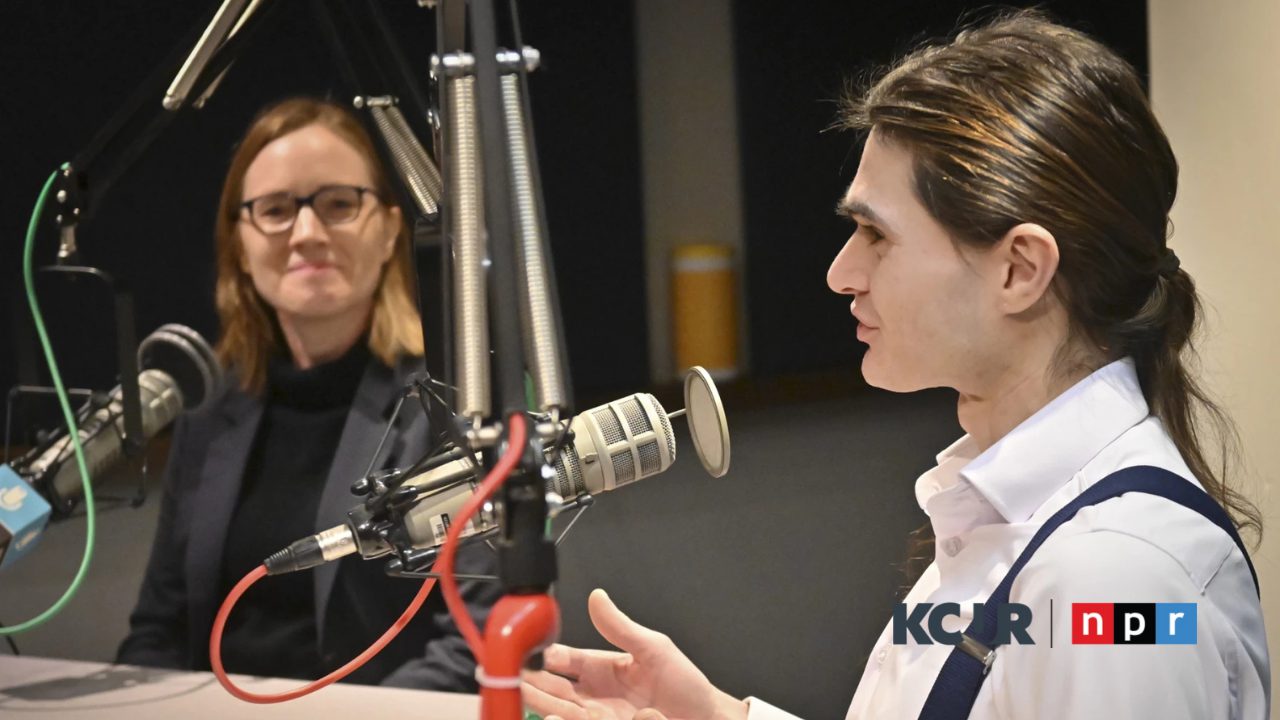What is your current research focus and why?
My main focus is on hematopoiesis, the formation of all the cells found in blood, which are derived from hematopoietic stem cells (HSCs). HSC transplantation is the only lifesaving strategy for treating numerous hematopoietic diseases, including leukemia. However, HSCs are few in number and thus the main bottleneck limiting its broader clinical therapeutic potential. My research focuses on 1) developing a method to expand human umbilical cord blood-derived HSCs in culture, and 2) investigating a way to directly differentiate human pluripotent stem cells into HSCs. Both have significant clinical implications.
When and how did you become interested in a career in science?
I was interested in nature and animals growing up in the countryside. I decided to pursue an academic career when I was an undergraduate student based on my interest in biology, and in particular on stem cells.
What made you decide to join the Li lab at the Stowers Institute?
Linheng Li, Ph.D., is an internationally recognized leader in the HSC field whose academic achievements I admire. Personally, I am interested in translational medicine using stem cells. HSC transplantation is a well-established strategy for clinical therapies. Therefore, joining the Li Lab allows me to pursue my interest in one of the best labs in the world, and I believe our research has significant potential for translational medicine.
What is your favorite non-research related memory at the Stowers Institute so far?
I love the coffee machine in the café. I didn’t like coffee when I joined the Institute. Now I cannot start a day of work without a cup of coffee. I also enjoy exercising at the Institute’s support facility.
What is your favorite thing to do in Kansas City?
I like fishing and hiking in Autumn with rainbow leaves everywhere.
Where do you see yourself in 10 years?
I hope to have a faculty position that allows me to continue my translational research on HSCs.
What advice do you have for other people curious about a career in science?
I think science is like looking for a light in the dark – navigating this requires curiosity, persistence, and courage. It may be disappointing at times during this process, but it will give you tremendous satisfaction when you find the answer!
To read more Postdoc Profiles, click here.



